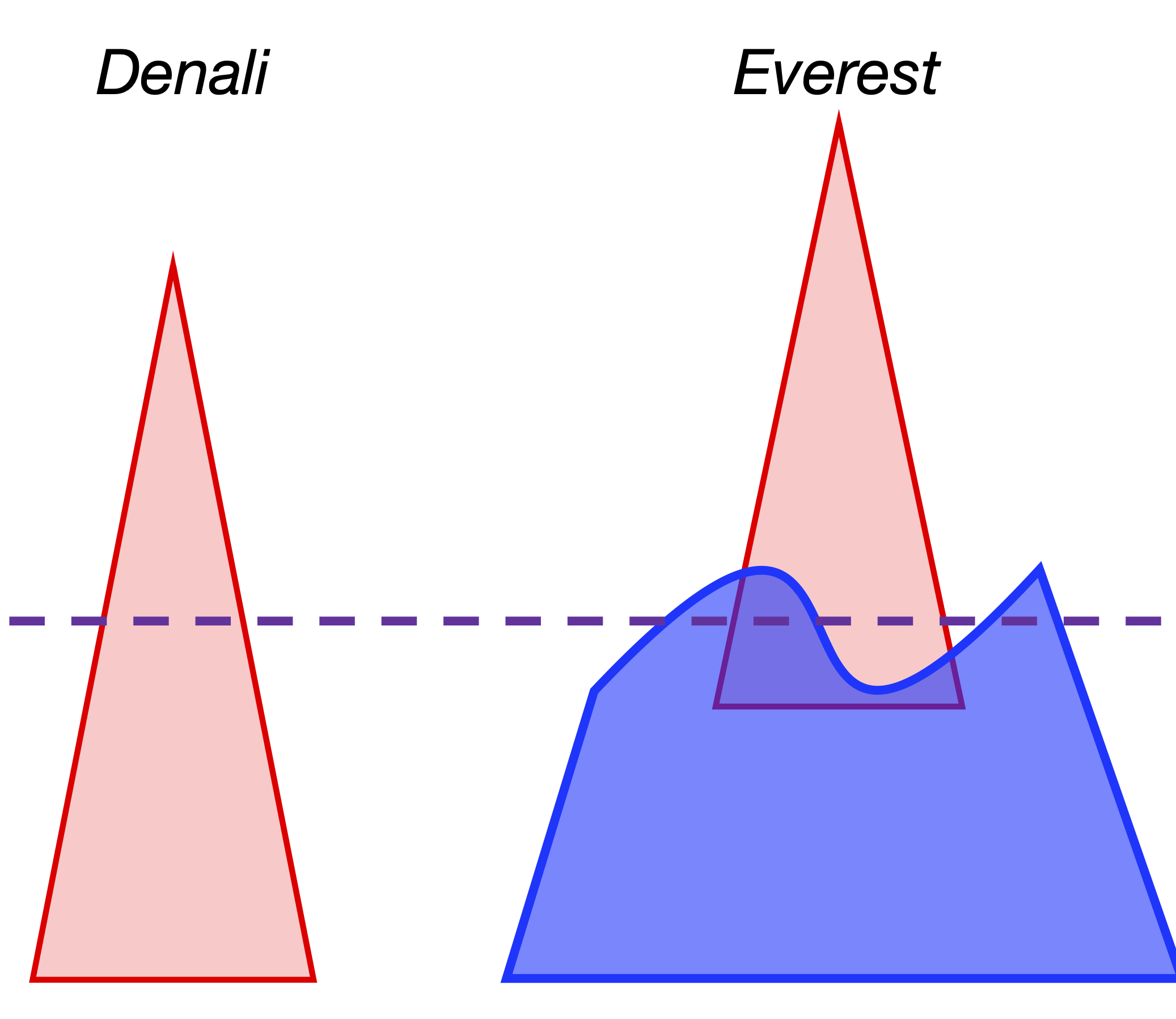Abstract
Congenital heart disease (CHD) is a collection of anatomically and clinically heterogeneous structure anomalies of heart at birth. Finding genetic causes of CHD can not only shed light on developmental biology of heart, but also provide basis for improving clinical care and interventions. The optimal study design and analytical approaches to identify genetic causes depend on the underlying genetic architecture. A few well-known syndromes with CHD as core conditions, such as Noonan and CHARGE, have known monogenic causes. The genetic causes of most of CHD patients, however, are unknown and likely to be complex. In this review, we highlight recent studies that assume a complex genetic architecture of CHD with two main approaches. One is genomic sequencing studies aiming for identifying rare or de novo risk variants with large genetic effect. The other is genome-wide association studies optimized for common variants with moderate genetic effect.
